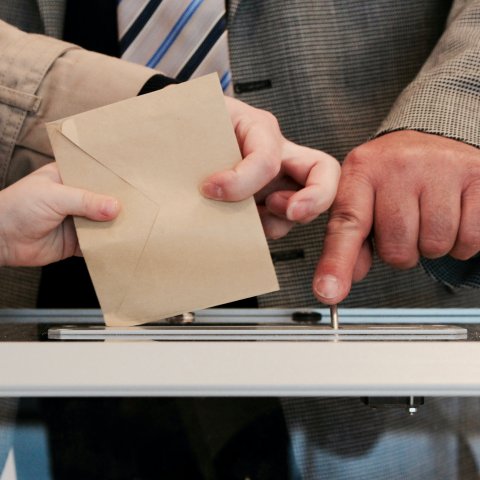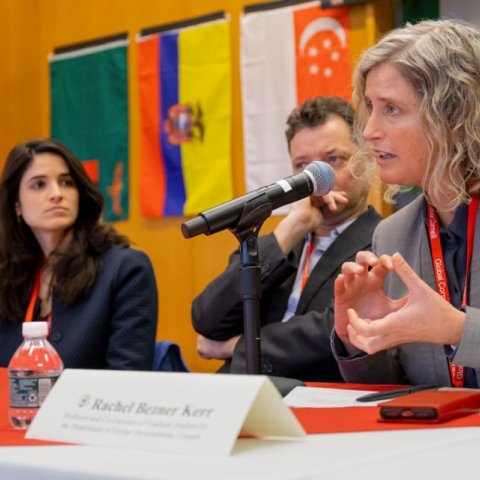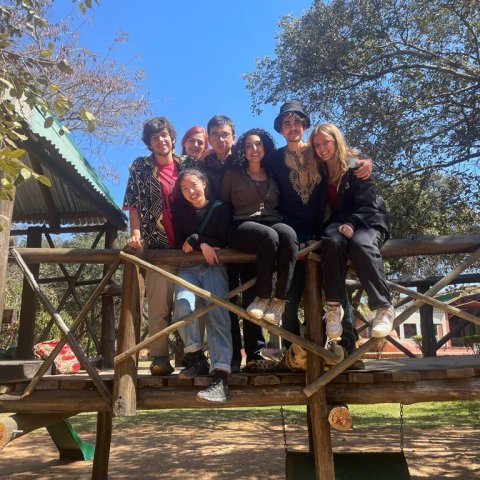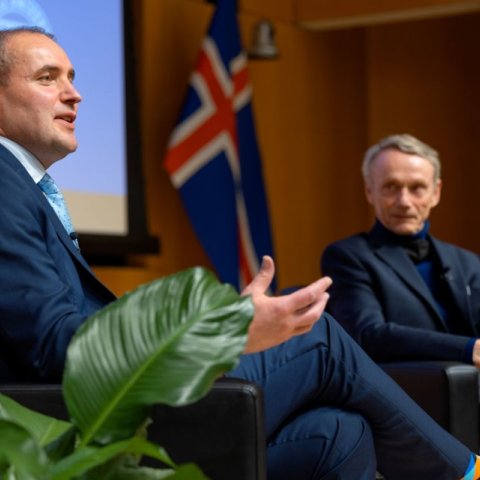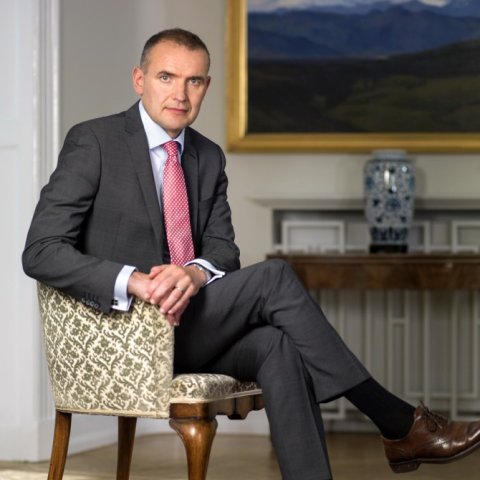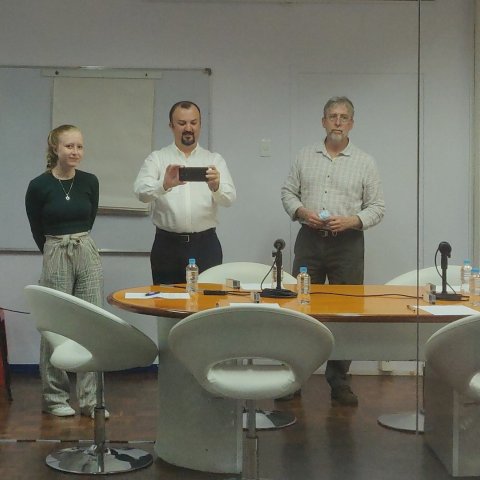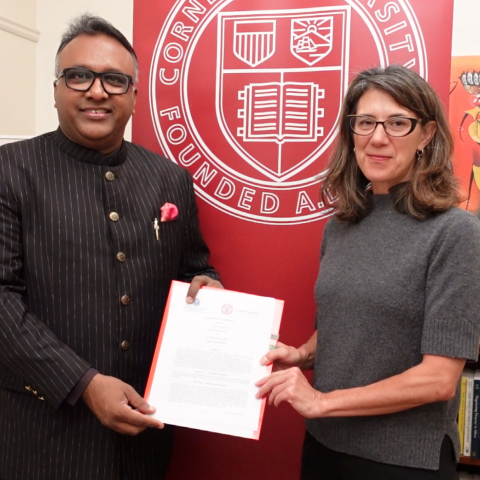News
Full listing
Global Public Voices fellows from the Mario Einaudi Center for International Studies use their expertise to shape public debates about global policy issues and advocate for a more just and equitable future.
Source
Hosted by Global Cornell, the Global Grand Challenges Symposium brought together more than 300 faculty, staff and students from Cornell and the new Cornell Global Hubs to discuss ideas for the next universitywide Global Grand Challenge.
Source
The Laidlaw Scholars Program, hosted at Cornell by the Mario Einaudi Center for International Studies, trains early undergraduates in international research and leadership and sends them out into the world for hands-on experiences.
Source
President of Iceland Guðni Th. Jóhannesson visited Cornell on Thursday and gave a talk titled “Can Small States Make a Difference? The Case of Iceland on the International Scene” to the University community. Addressing a packed Rhodes-Rawlings Auditorium, Jóhannesson discussed Iceland’s international impact, climate change and his thoughts on pineapple on pizza.
Source
Guðni Th. Jóhannesson, president of Iceland, discussed his country’s commitment to peace, diversity and science-based climate solutions during a sold-out lecture held Nov. 10 in Klarman Hall and live streamed to an audience of hundreds.
Source
Faculty from across Cornell and the world will gather for a two-day event on Nov. 16–17 to discuss some of the world’s most urgent challenges and how collaborative research, teaching and engagement can help to meet them.
Source
Although geographically distant, Cornell and Iceland are close in spirit, particularly when it comes to a commitment toward sustainability.
That affinity will be on display when the president of Iceland, Guðni Th. Jóhannesson, visits Cornell’s Ithaca campus Nov. 10-11.
Source
Queen Mary University of London is a Cornell Global Hubs partner institution, enabling students, staff and alumni to study, research, and teach at both institutions. Global Hubs connect the whole of Cornell with strong international peer institutions and their communities, countries, and regions.
Source
From Ken Roberts' recent research in Ecuador and evidence ripped from headlines worldwide, when political parties stoke partisan conflicts–often by contesting formal state institutions, like systems for managing elections–actual democratic capacity may take a hit as public opinion polarizes.


